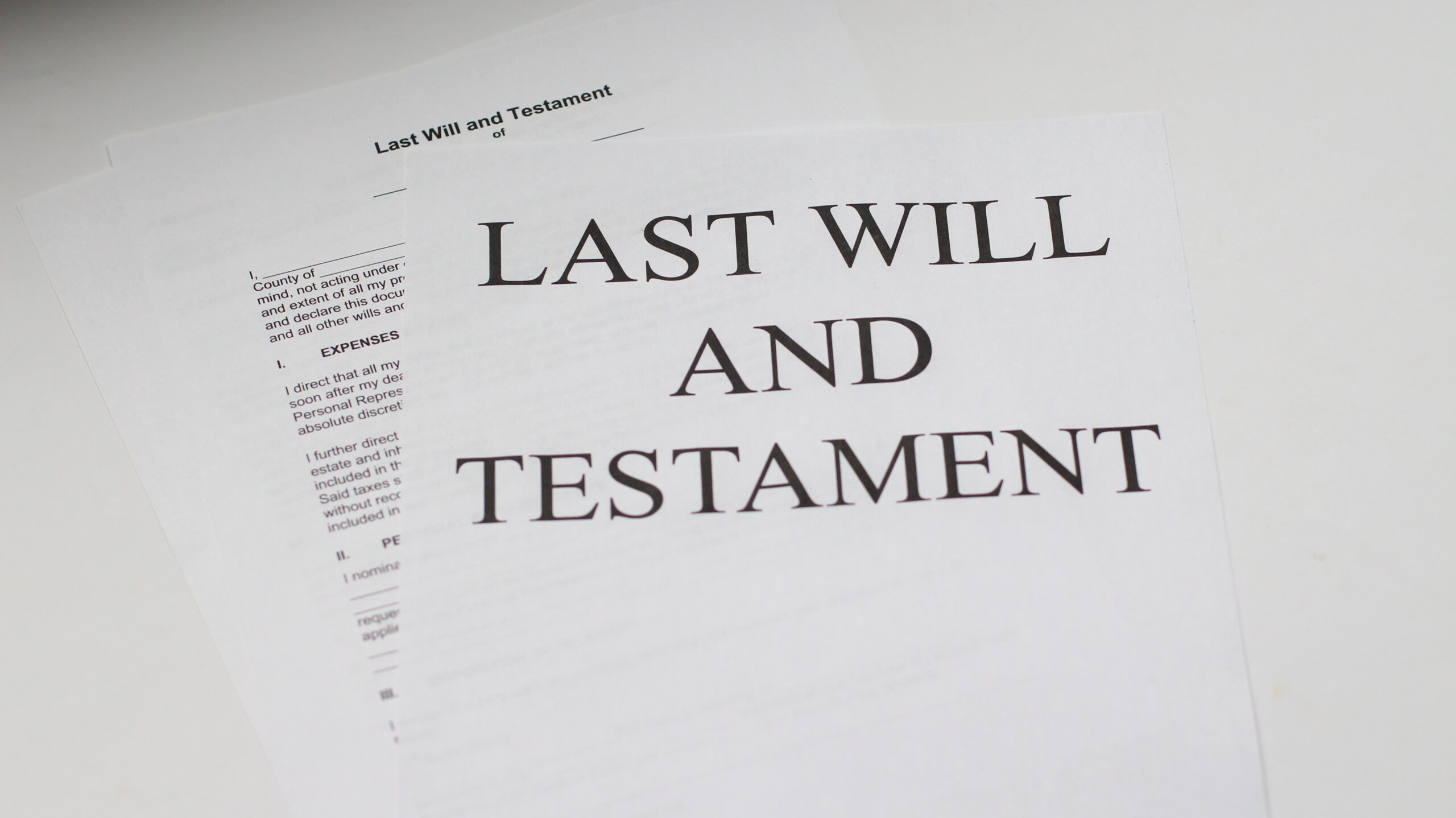On behalf of The Law Office of Wickersham and Bowers posted in Family Law on Monday June 14th, 2021.
Can You Get a Divorce if Your Spouse Just Up and Left?
When one spouse walks out on another, severs all ties, does not take care of their share of financial obligations, and has no intention of returning, this is called marital abandonment, or desertion. Abandonment is quite different from a separation, which occurs when a married couple agrees to separate, either temporarily or permanently. Separation is not abandonment unless the spouse that leaves refuses to provide support or take care of financial obligations without cause. In some states with fault-based divorce, this is known as “willful desertion,” and comes in two types.
Criminal Abandonment
Criminal abandonment occurs when one spouse no longer provides for the care, support, and protection of the other spouse who has health problems, or a minor child, without “just cause.” As an example, if your spouse came down with a terminal disease and you did not feel you could continue to take care of them, the court will not accept this position as grounds for divorce.
Constructive Abandonment
When one spouse makes it intolerable for their spouse to stay, the person leaving can claim constructive abandonment. Being abusive, having a chronic addiction, or adultery could be used as a claim for constructive abandonment.
Claiming Abandonment
Before you can claim abandonment as grounds for divorce, you have to make sure your state allows abandonment as grounds. Some strictly no-fault states will not allow you to use abandonment as a legal tool.
To use abandonment as grounds for divorce, you will have to prove to the court that abandonment really took place. You will need to prove, as the plaintiff, that the defendant left your home and has failed to meet their financial obligations for the required period of time in your state. You must also prove there was no just cause for your spouse to leave, for things like abuse, addiction, or adultery.
If you feel you may have been abandoned by your spouse, or if you aren’t sure and would like to talk to someone to clarify your situation, contact the Law Office of Wickersham & Bowers. Schedule an appointment with one of our attorneys today.


